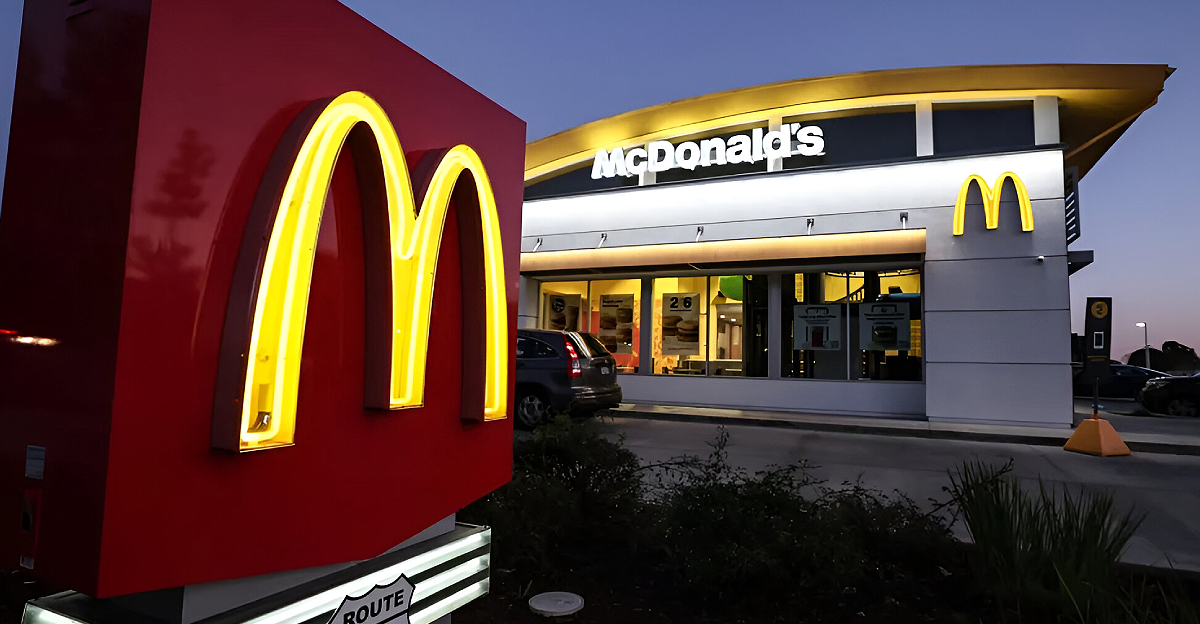
A nationwide boycott against McDonald’s started this week, organized by The People’s Union USA, a grassroots movement focused on economic resistance and corporate accountability.
The organization demanded a “week-long economic blackout” beginning on June 24 and ending on June 30, during which consumers are encouraged to stay away from McDonald’s to protest the company’s rollback of diversity, equity, and inclusion (DEI) programs, among other grievances.
The campaign, amplified on social media, casts the boycott as a stand against corporate power and what organizers of the campaign call “performative” social justice efforts that lack meaningful change.
The People’s Union USA: Motivations and Demands
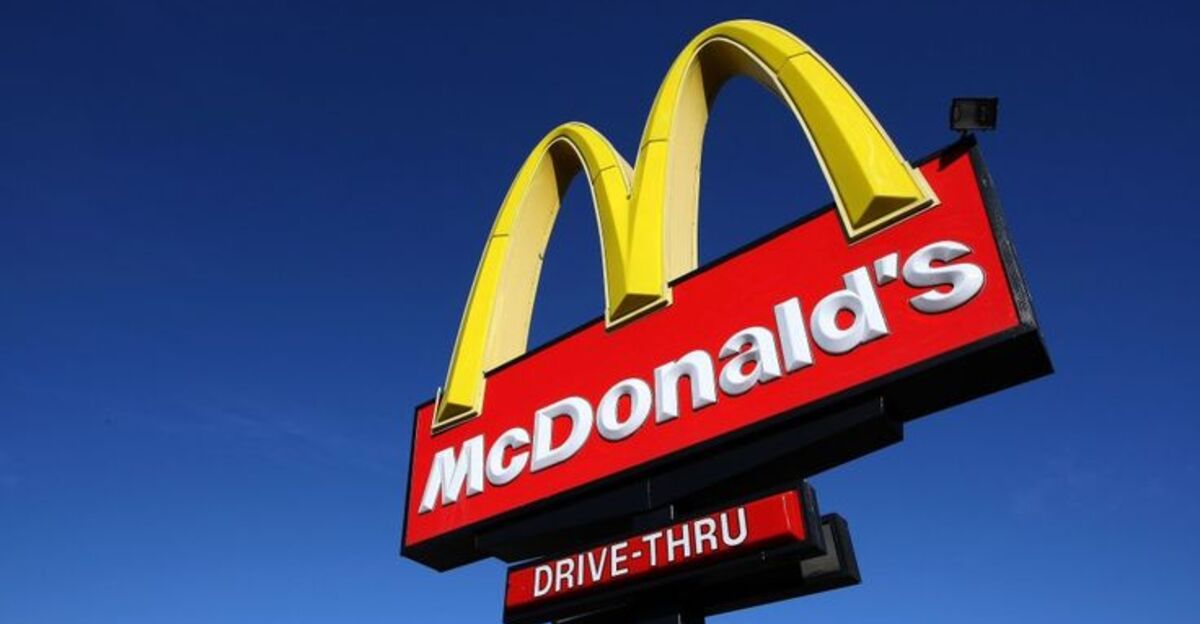
The People’s Union USA, led by founder John Schwarz, has accused McDonald’s of a range of corporate misdeeds. These include price gouging, exploiting tax loopholes, suppressing workers’ rights, and falling short of DEI promises.
The group claims that McDonald’s has prioritized profit before people, pointing to complaints ranging from wage inequality to aggressive lobbying and what they say is a half-hearted approach to diversity.
Their demands include fairer taxation, an end to price hikes, absolute equality, and greater corporate accountability.
McDonald’s DEI Rollback: What Changed?
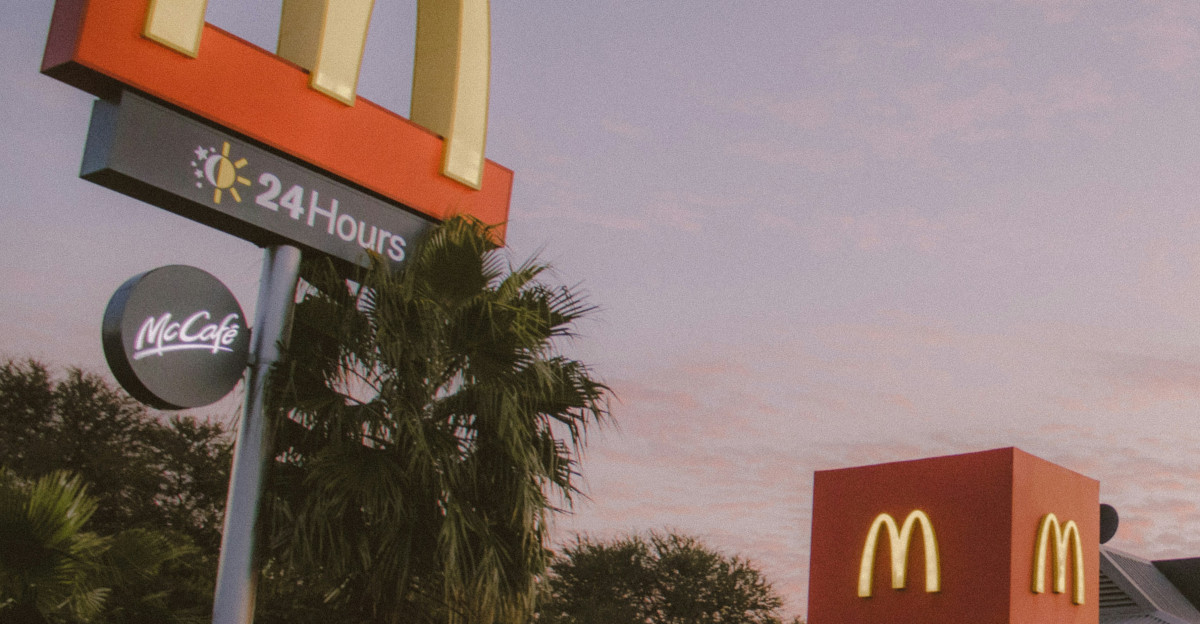
McDonald’s has made major updates to its DEI plan earlier this year. The company retired its “aspirational representation goals” and ended its DEI pledge for suppliers, opting instead for what it termed a more integrated approach to inclusion within business performance.
The DEI team was renamed the “Global Inclusion Team,” signifying a shift in focus. McDonald’s stated that while the language and some practices have changed, its core commitment to inclusion remains unchanged.
Corporate Response: Defending Inclusion and Economic Impact
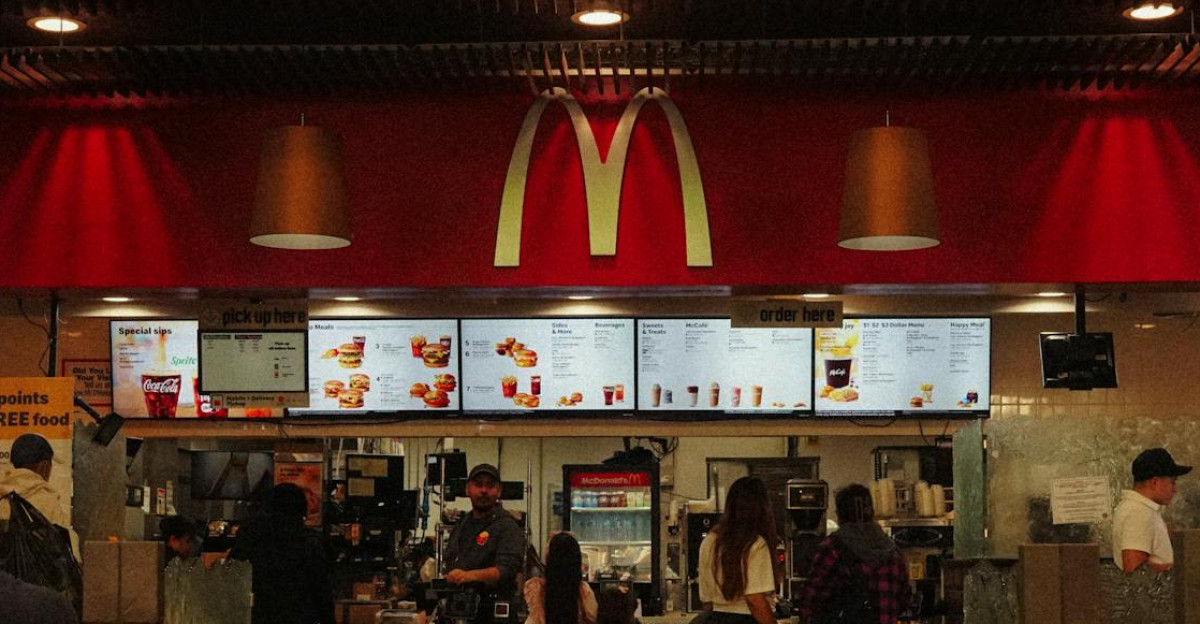
In response to the boycott, McDonald’s has consistently emphasized its ongoing commitment to inclusion and its positive economic contributions.
The company notes that it employs over 800,000 individuals as restaurant crew members in the U.S., spends millions with local suppliers, and generates billions of dollars in federal, state, and local taxes annually.
McDonald’s leadership has dismissed the claims of the boycott organizers as “misleading” and claimed that the company’s values and actions are being misrepresented.
Declining Sales and Consumer Sentiment
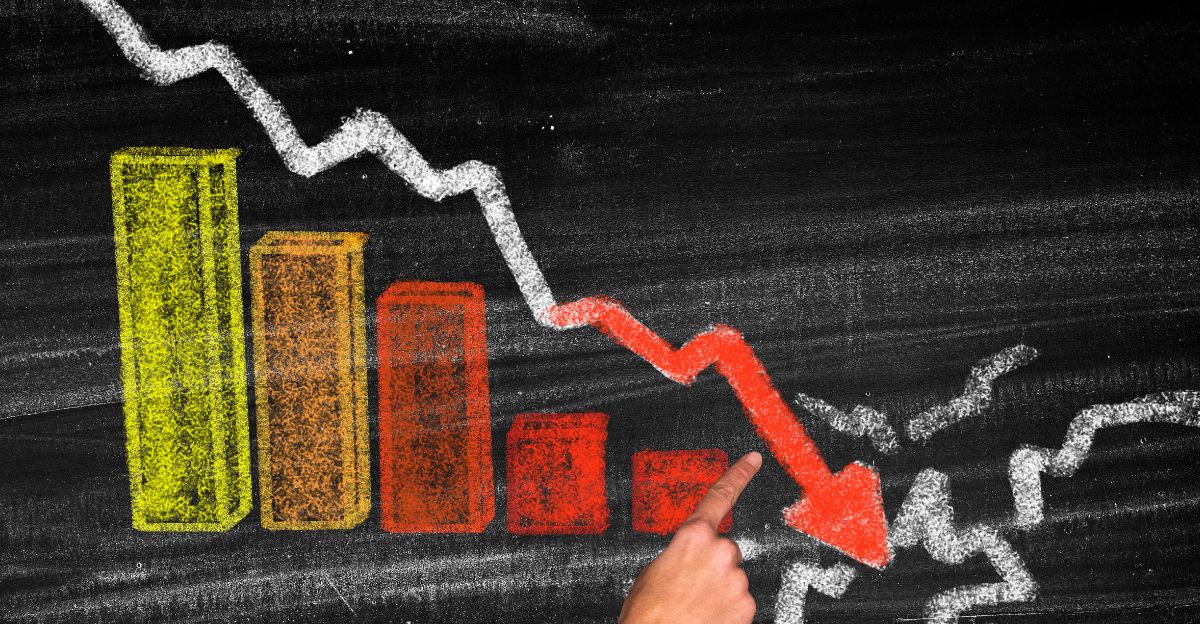
The boycott comes at a challenging time for McDonald’s, with the company experiencing declining sales in the U.S. market. McDonald’s reported a 3.6% drop in same-store sales, its worst performance since the COVID-19 outbreak.
The company attributes this decline to economic uncertainty and dampened consumer sentiment, with inflation and price increases also impacting customer perceptions of value.
Corporate DEI Cuts and Activism
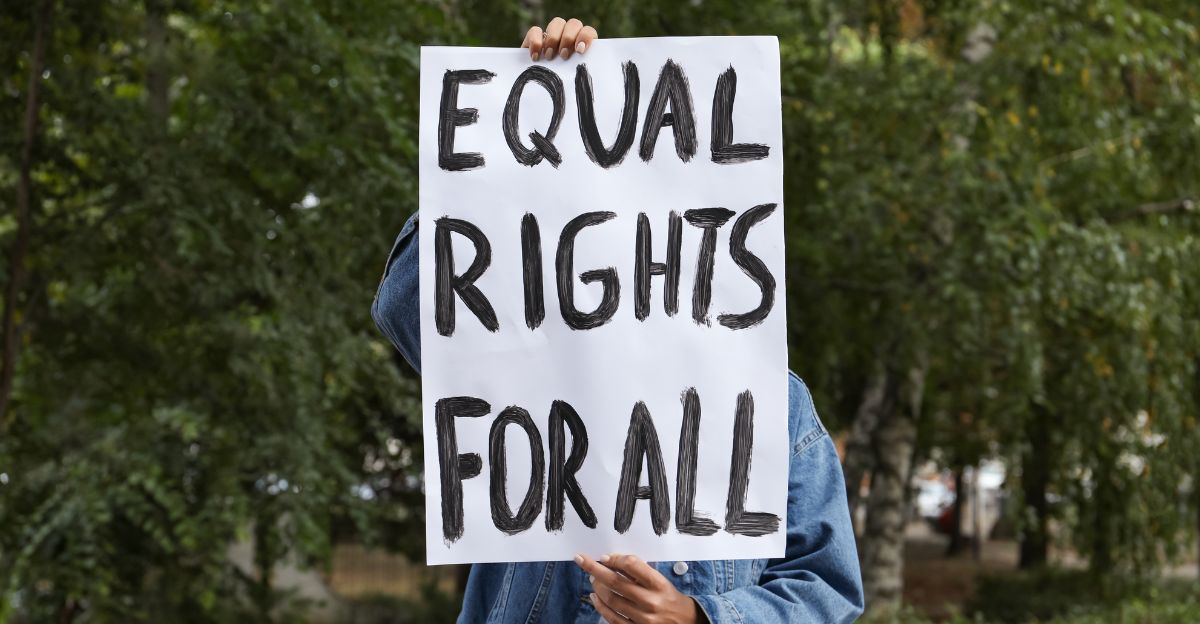
McDonald’s isn’t the only one facing consumer activism tied to DEI rollbacks. Other large corporations, such as Walmart and Target, have also been targeted by similar boycotts led by The People’s Union USA and other groups.
These campaigns represent a broader backlash against what activists see as corporate backpedaling on social justice commitments, particularly when faced with legal and political challenges to affirmative action and DEI programs.
Criticisms From Former Franchisees and Allies

The boycott is being backed by a group of Black former McDonald’s franchisees, who are already suing the company over allegations of racial discrimination.
In addition, this organization has demanded that the boycott against McDonald’s continue until it reaffirms its dedication to the Black community and addresses longstanding concerns about fairness and opportunity for minority owners. Their participation has added further weight to the demands for systemic change within the company.
Public Statements: Dialogue and Disappointment
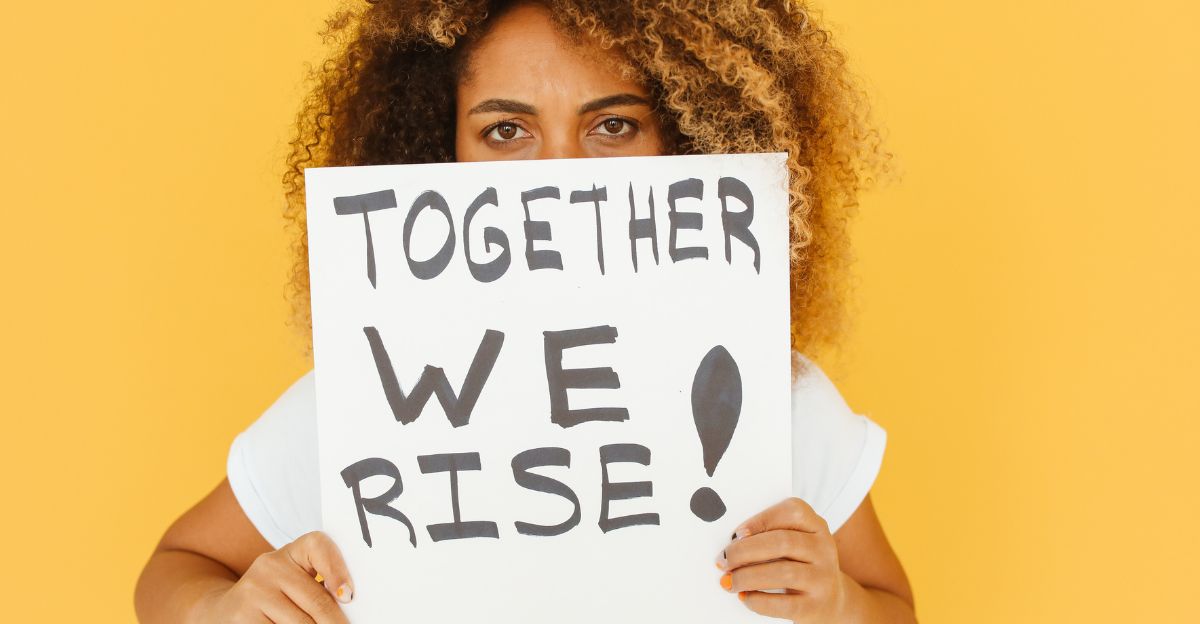
McDonald’s says it encourages an open dialogue with the communities it serves, but has been disappointed by the “misleading claims” from boycott organizers.
The company insists that its focus remains on serving customers and supporting local communities, stressing its core belief in the value of inclusion and economic opportunity.
Despite the controversy, McDonald’s maintains that its programming and business philosophy remain rooted in people-first principles.
Accountability Over Fast Food
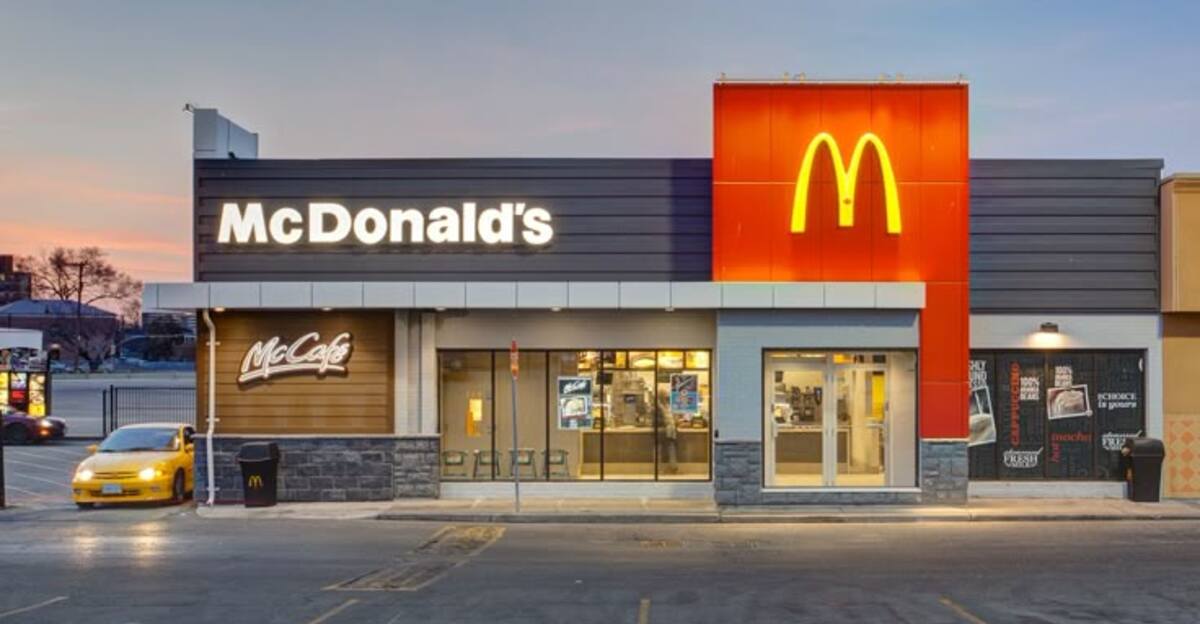
The People’s Union USA founder, John Schwarz, has framed the boycott as a demand for accountability, rather than a protest against fast food itself.
He argues that McDonald’s record profits, nearly $9 billion this year, contrast sharply with the struggles of many workers who cannot afford basic necessities.
According to Schwarz, the boycott is about challenging corporate greed, inequality, and what he describes as “exploitation dressed up as service.”
Continued Activism and Future Boycotts
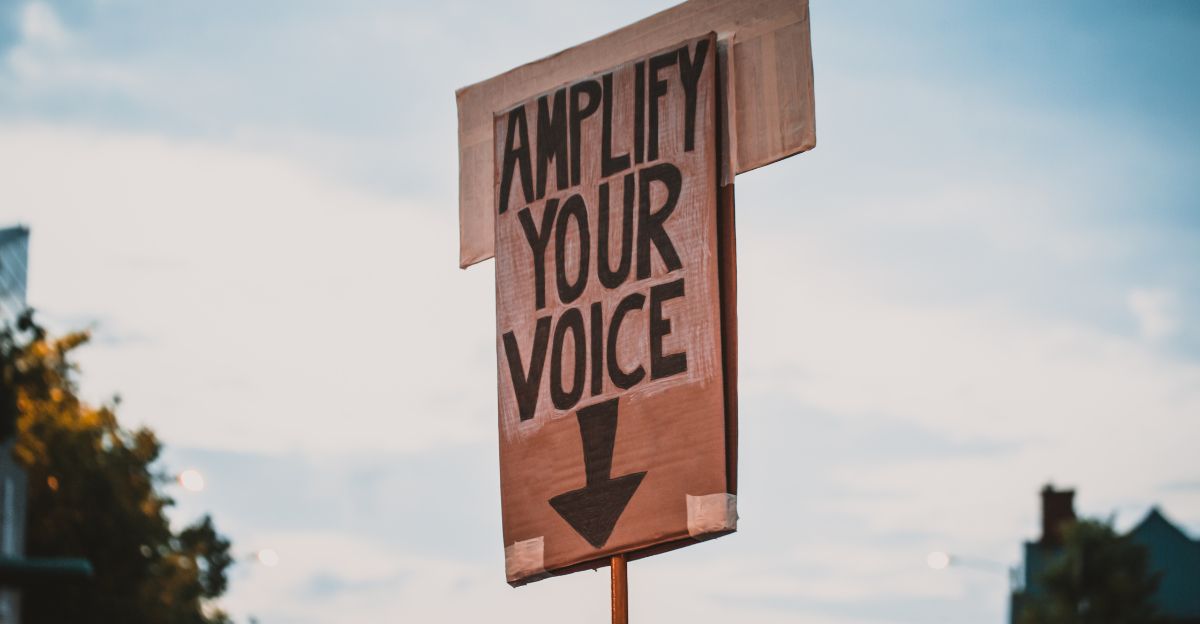
The current boycott is scheduled to end on June 30, but The People’s Union USA has announced plans for further actions.
These include an Independence Day boycott and monthlong boycotts of other major corporations such as Starbucks, Amazon, and Home Depot, followed by another boycott of McDonald’s, Walmart, and Lowe’s in August.
The ongoing campaigns signal that grassroots economic activism targeting corporate practices is likely to continue, keeping companies like McDonald’s under scrutiny from both consumers and advocacy groups.
